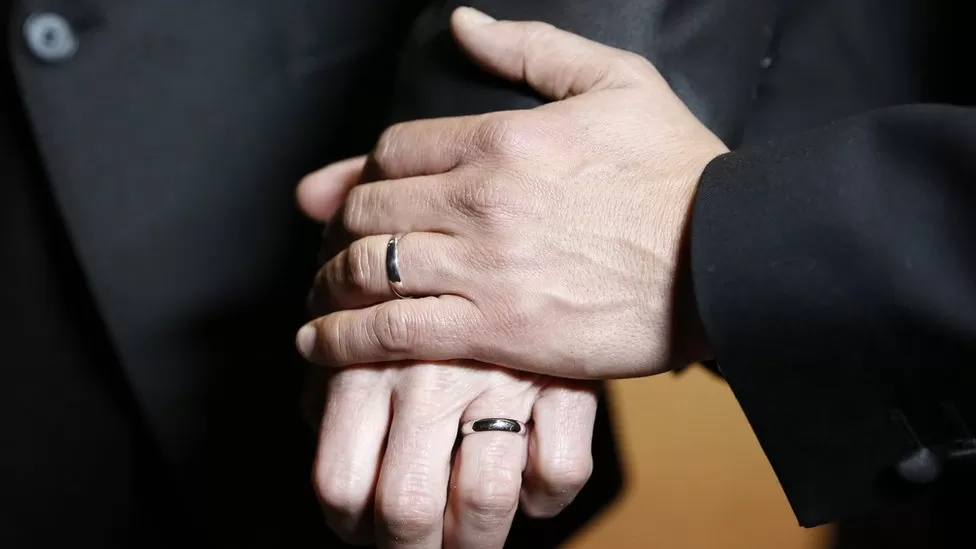In a landmark decision, the Church of England’s General Synod has narrowly voted to approve trial services to bless gay couples. This significant move allows for special services of blessing, which can include the wearing of rings, prayers, confetti, and a priest’s blessing. Although not formal wedding ceremonies, these services represent a notable shift in the Church’s treatment of same-sex relationships.
Details of the Amendment and Its Implications
The amendment, passed by a one-vote margin, proposes standalone services on a trial basis, diverging from the Church’s earlier stance that limited blessings to parts of wider services. While not officially changing the Church of England’s doctrine that marriage is solely between a man and a woman, this decision opens the door for more inclusive practices. The trial services, which could begin as early as the new year, will run parallel to a formal process of authorization expected to take around two years.
Mixed Reactions from Different Factions
The decision has elicited a spectrum of reactions within the Church. The Bishop of Oxford, Rt Rev Stephen Croft, a proponent of change, expressed delight at the decision, emphasizing the joy and affirmation it brings to gay couples. However, prominent LGBT campaigner Jayne Ozanne criticized the Church for not allowing gay marriages, calling its stance “deeply homophobic.” On the conservative side, Revd Canon John Dunnett of the Church of England Evangelical Council expressed grief and sadness, foreseeing potential division within congregations and strained clergy-bishop relationships.
Comparison with Other Anglican and Presbyterian Churches
The Church of England’s position contrasts with its Scottish counterpart, The Scottish Episcopal Church, and the Presbyterian Church of Scotland, both of which permit same-sex weddings. The Anglican Church in Wales offers blessings for gay couples but stops short of conducting same-sex weddings in church.
Conclusion: A Watershed Moment in Church Doctrine
The approval of blessing services for gay couples by the Church of England marks a watershed moment in its history. While it does not equate to a doctrinal shift to allow same-sex marriages, it signifies a step towards inclusivity and acceptance within the Church. This decision is reflective of the ongoing discussions and debates surrounding the intersection of religious beliefs and LGBTQ+ rights, highlighting the complex and evolving nature of religious doctrine in contemporary society.

